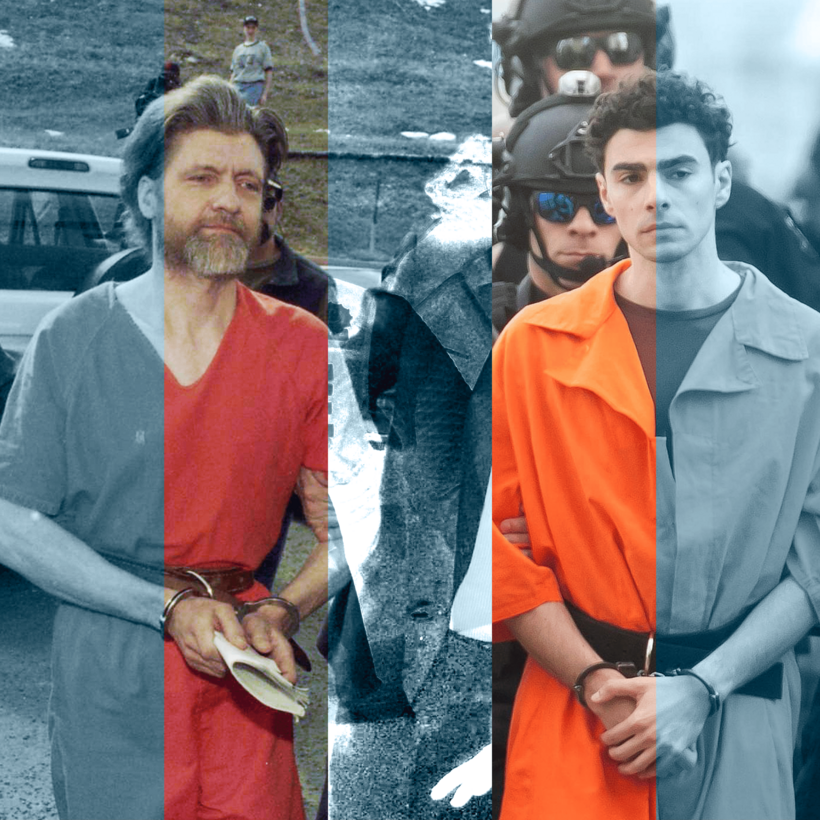Early in my correspondence with Ted Kaczynski, which went on for years while he was behind bars, I asked him about a group of Latin American eco-terrorists known in English as Individuals with a Tendency to the Wild, or I.T.S.
His response? Don’t ever mention I.T.S. again. The warden might cut off his mail.

